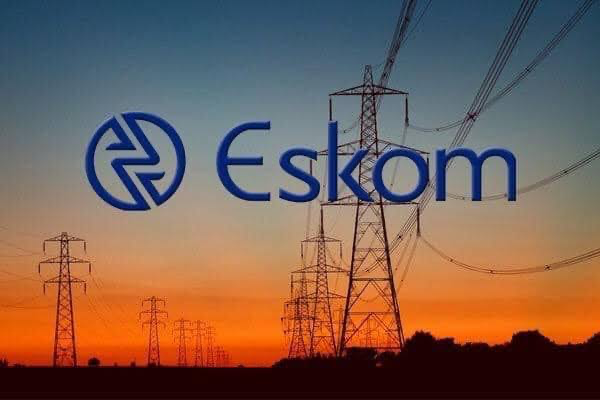In a pivotal moment for South Africa’s energy sector, the government, in collaboration with the business community, has set an ambitious target to bolster the country’s electricity generation capacity by 10.5 gigawatts (GW) by the end of 2025. This initiative aims to mitigate the crippling effects of power disruptions and significantly reduce the prevalence of load-shedding, which has become a near-daily occurrence, stifling economic growth.
During a recent briefing that followed discussions between President Cyril Ramaphosa’s Cabinet and key business leaders committed to addressing South Africa’s load-shedding, logistics, and crime challenges, Rudi Dicks of the Presidency outlined a multifaceted approach to achieving this goal. The strategy encompasses enhancing the output of Eskom’s coal fleet, which has been plagued by reliability issues, and leveraging investments in solar rooftop projects, public procurement, and utility-scale endeavors facilitated by regulatory reforms that allow distributed plants to operate without a license, even when utilizing the grid for electricity distribution.
Eskom’s Generation Recovery Plan is poised to focus on operational improvements at several key power stations and seeks to capitalize on the momentum of recent successful partnerships with the business sector. However, Dicks emphasized the need for an influx of skilled resources to support these efforts, beyond the 75 individuals already contributing pro bono services.
To streamline the engagement of skilled experts and secure essential components and projects, Eskom, alongside the business community and the National Treasury, is working on a mutual cooperation agreement (MCA). This agreement aims to formalize the collaboration between Eskom and the private sector, ensuring compliance with regulations while maintaining the potential for pro bono contributions, particularly in areas requiring technical engineering expertise.
Martin Kingston of Business for South Africa highlighted the transparency and conflict of interest management of the proposed MCA, drawing parallels with an existing agreement between Transnet and the Richards Bay Coal Terminal.
The urgency of these initiatives is underscored by a recent report commissioned by the National Treasury, which critiqued Eskom’s governance structures and offered recommendations for enhancing management and operational efficiency. The report suggests the establishment of an interim team of independent experts to monitor and intervene in key risk areas at Eskom’s coal power stations.
In parallel, efforts are underway to ensure that private investment in renewable energy projects can proceed unhindered by grid capacity constraints, which previously impacted the financial closure of wind projects during the last bid window. This is part of a broader strategy to encourage private generation investments that are expected to contribute significantly to the additional 10.5 GW target.
The partnership between the government and the business sector initiated nine months ago, has already yielded positive results, with a reported 61% reduction in load-shedding in the early months of 2024 compared to the same period in the previous year. Adrian Gore, co-convenor of the business delegation, underscored the tangible outcomes of this collaboration, noting the private sector’s contribution of over R170 million and the mobilization of more than 350 technical experts.
Furthermore, the Resource Mobilisation Fund, established to support the implementation of the Energy Action Plan, has raised approximately R100 million, with R25 million already allocated to bolster the National Energy Crisis Committee’s efforts.
As South Africa endeavors to navigate its energy crisis, the collaborative approach between the government and the business community represents a critical step towards ensuring a stable, sustainable power supply. This partnership not only aims to address immediate challenges but also sets the stage for long-term improvements in the nation’s energy infrastructure and economic resilience.
Source: Mining Weekly



